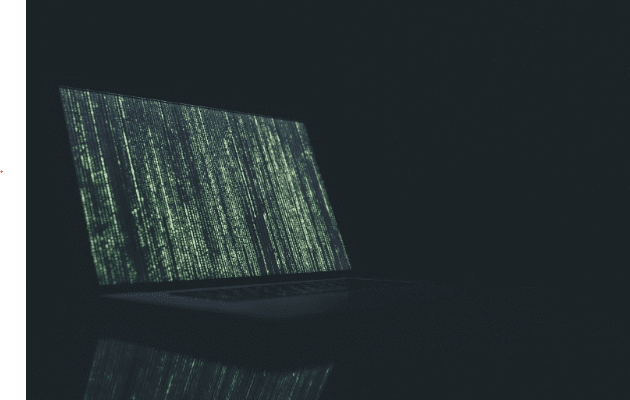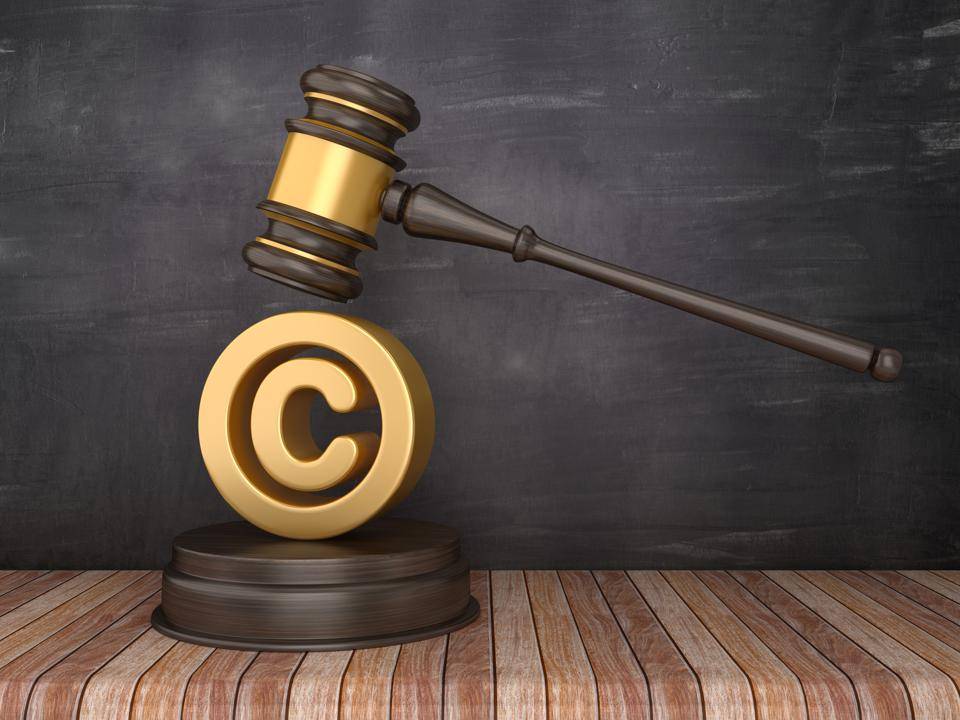Essential Tips for Safeguarding Your Online Identity on the Dark Web

In an age of rampant digitalization, our online identity is an essential aspect of our real identity. Yet, as we surf the World Wide Web, little do many realize that beneath the common, everyday internet lies a vast, complex world: the Dark Web.

Photo by Markus Spiske on Unsplash
As intriguing as it sounds, the Dark Web can be a place of risks and threats. Protecting oneself while navigating it becomes imperative. This article dives deep into ensuring your online identity remains just yours, even in the deepest recesses of the internet.
Delving Deeper: Demystifying Tor and the Dark Web
The internet, as most people know it, is just the tip of the iceberg. Beneath this surface lies an intricate and vast realm known as the Dark Web, which is part of the larger, unindexed area of the internet called the Deep Web. To truly protect oneself in such a profound digital landscape, it’s paramount to understand its foundational elements and inherent risks.
The Tor Gateway to the Dark Web
Tor, short for “The Onion Router,” is the primary tool individuals use to access the Dark Web. Its complex design ensures users can navigate the internet without leaving a traceable digital footprint.
- The Anatomy of Tor: As a unique software system, Tor reroutes a user’s data multiple times through various servers worldwide. Each rerouting, much like layers of an onion, adds more encryption, making it nearly impossible to trace the origin.
- Tor and the Dark Web’s “.onion” Sites: Regular browsers can’t access Dark Web domains because they end in “.onion” instead of typical endings like “.com” or “.org”. The Tor browser, however, is specially designed to access these sites. But with privacy comes risks. Many of these sites offer legitimate services, yet others may engage in activities outside the law.
The Dual Face of the Dark Web
The Dark Web, despite its sinister reputation, is not entirely a realm of illicit activities. It serves as a sanctuary for many seeking anonymity for various reasons. However, the freedom it offers also attracts malicious intents.
- The Benevolent Uses of the Dark Web: Far from being solely a place for illegality, the Dark Web is also a refuge. Whistleblowers, journalists under authoritarian regimes, and activists risking retaliation use it to share information, coordinate movements, or simply exercise their freedom of speech without fearing repercussions.
- A Haven for Cybercrime: On the flip side, the allure of anonymity and lack of oversight make the Dark Web a prime location for illicit activities. Cybercriminals sell stolen data, illegal substances are traded, and various forms of harmful software are disseminated. The threat landscape here is vast and varied, ranging from identity theft hubs to intricate fraud schemes. This underbelly serves as a constant reminder that while the Dark Web promises freedom, it also requires heightened vigilance and caution from its users.
Navigating the Shadowy Lanes of the Dark Web Safely
The Dark Web, with its labyrinthine alleys and concealed corners, is a place of secrets. However, the very allure of its secrecy can become a double-edged sword if we do not tread with caution. Ensuring your safety in this domain is not just about understanding its nature but actively defending yourself against the myriad threats it houses.
Employing Tor and VPN: A Dynamic Duo for Anonymity
The union of Tor and VPN creates a fortified shield, enhancing your digital safety on the Dark Web.
- A Layered Approach: Think of using Tor and VPN together as wearing both a belt and suspenders. While either can get the job done on their own, combining them ensures no slip-ups. Your ISP sees only the encrypted VPN traffic, and not your connection to Tor, giving you a blanket of invisibility.
- Circumventing Obstructions: Certain networks or countries may restrict or monitor Tor usage. A VPN can cloak your Tor usage, helping you bypass these restrictions and maintain your anonymity.
Minimizing Digital Exposure
While the Dark Web’s very essence is anonymity, users often inadvertently leave traces. Keeping personal information guarded is the first line of defense.
- Guard Your Identity: Always opt for pseudonyms or aliases. Whether you’re commenting on a forum or making a purchase, ensure that no breadcrumb leads back to your real identity.
- Secure Communication: Encrypted email services, like ProtonMail, should be your go-to for communication. They ensure your messages remain in the shadows, far from prying eyes.
Steering Clear of the Digital Quicksands
The Dark Web, despite its encrypted nature, houses numerous traps. Staying vigilant is crucial.
- Verify Before You Trust: Whether it’s a marketplace or a forum, always look for verified reviews or endorsements. Phishing sites, designed to steal your information, lurk around every corner.
- Tread Carefully on Social Platforms: While platforms like One Stop Social Network provide a space for interaction on the surface web, the Dark Web’s equivalent platforms might not always have the same security standards. Approach with caution and ensure any platform you engage with has robust security protocols.
- Safe Downloads: The Dark Web is notorious for malware-laden downloads. Always ensure your sources are trustworthy before downloading anything.
Proactively Shielding Your Digital Self
In the digital age, our identity extends beyond the physical. Regular monitoring and prompt responses can ensure this digital self remains unharmed and intact.
Stay One Step Ahead with Regular Monitoring
Proactivity is your best ally against potential identity threats.
- Track and Review: Periodically review your financial statements. Look out for any unfamiliar transactions that might indicate foul play.
- Third-Eye Surveillance: Services that monitor the web for mentions of your personal details can act as an early warning system, alerting you to potential identity breaches.
Swift Actions for Detected Threats
A prompt response to threats can significantly minimize potential damages.
- Reset After Breaches: If you become aware of a breach on a platform you use, change your passwords not just there but on other platforms too, especially if you reuse passwords (which you shouldn’t!).
- Involve the Law: If you suspect serious breaches like identity theft or significant financial fraud, don’t hesitate to notify the authorities. They can help track down culprits and protect others from falling into the same trap.
Takeaway
The Dark Web, while a bastion of privacy and freedom, is also fraught with dangers. As the digital age advances, the line between our online and offline selves blurs. Protecting our online identity becomes as crucial as safeguarding our real-life identity.
Through knowledge, caution, and the right tools, one can navigate the intricate alleys of the Dark Web safely, ensuring their digital footprint remains secure and uncompromised.





